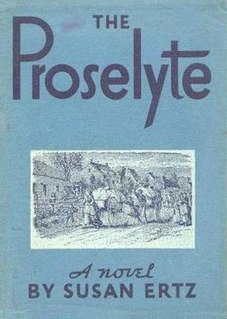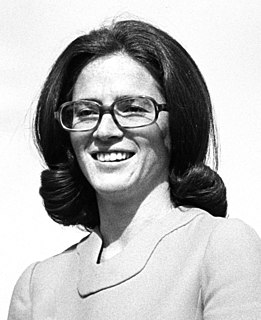A Quote by David Niven
A philosopher once noted that people long for immortality but run out of things to do on a rainy afternoon.
Quote Topics
Related Quotes
More investment sins are probably committed by otherwise quite intelligent people because of "tax considerations" than from any other cause. One of my friends-a noted West Coast philosopher-maintains that a majority of life's errors are caused by forgetting what one is really trying to do. This is certainly the case when an emotionally supercharged element like taxes enters the picture (I have another friend-a noted East Coast philosopher who says it isn't the lack of representation he minds-it's the taxation).
People say nice things to me -- like that I ought to run for president -- which tells me that they like me. But I have my own deadline for how long I should be in Washington. I think you can get accustomed to red tape and many unfair things that go on in government. Once you stop getting angry about inefficiencies, waste, and injustice, you ought to get out. That's my time limit.
For as long as there's life, for as long as we have things happening in the world, for as long as people haven't been able to work it, for as long as people are not trying to work it out, for as long as there's crime, destruction, hate, bigotry, for as long as there is a spirit that does not have love in it, I will always have something to say.
Nobody's about saving anymore. No one cares about a rainy day anymore. Nobody saves up enough for even an umbrella for a rainy day. It's sad. It really is a new form of slavery. We used to work to be able to afford material things. Now we work for these things. They're the boss. That house you can't afford, that car that's out of your price range, that cellphone that drains your bank account - that's your boss.
In the long run, all wrongs are righted, every minus is equalized with a plus, the columns are totaled and the totals are found correct. But that's in the long run. We must live in the short run and matters are often unjust there. The compensating for us of the universe makes all the accounts come out even, but they grind down the good as well as the wicked in the process.






































